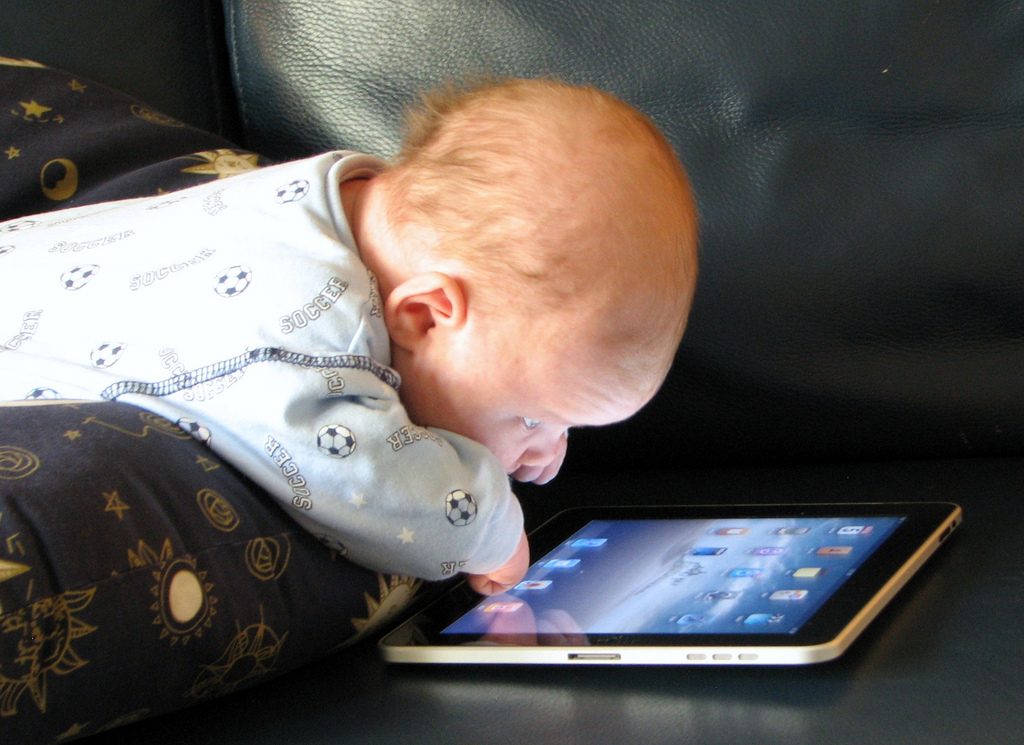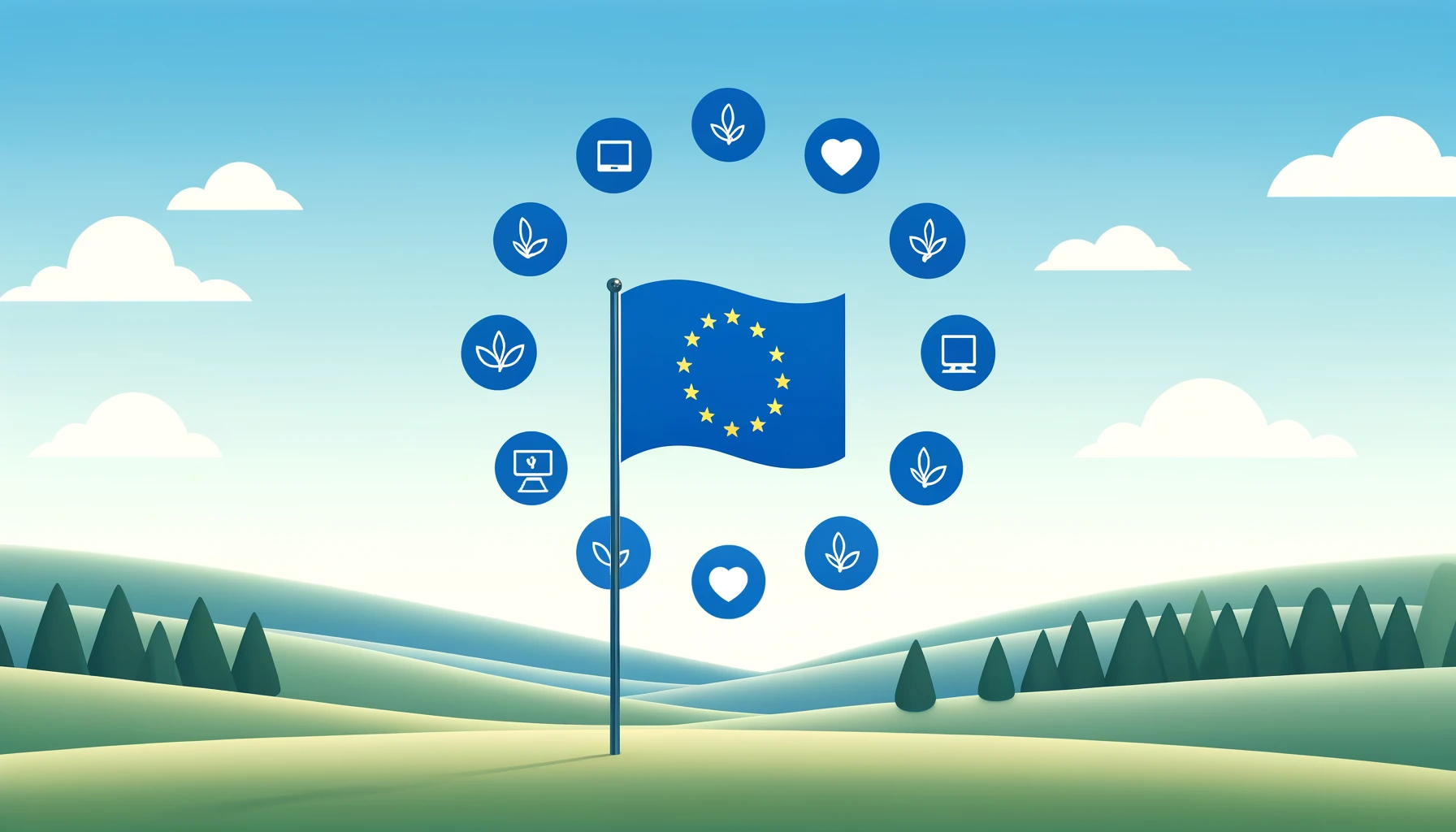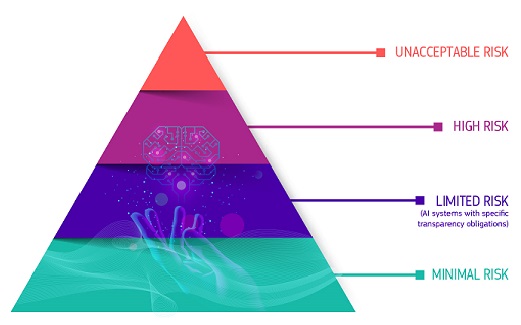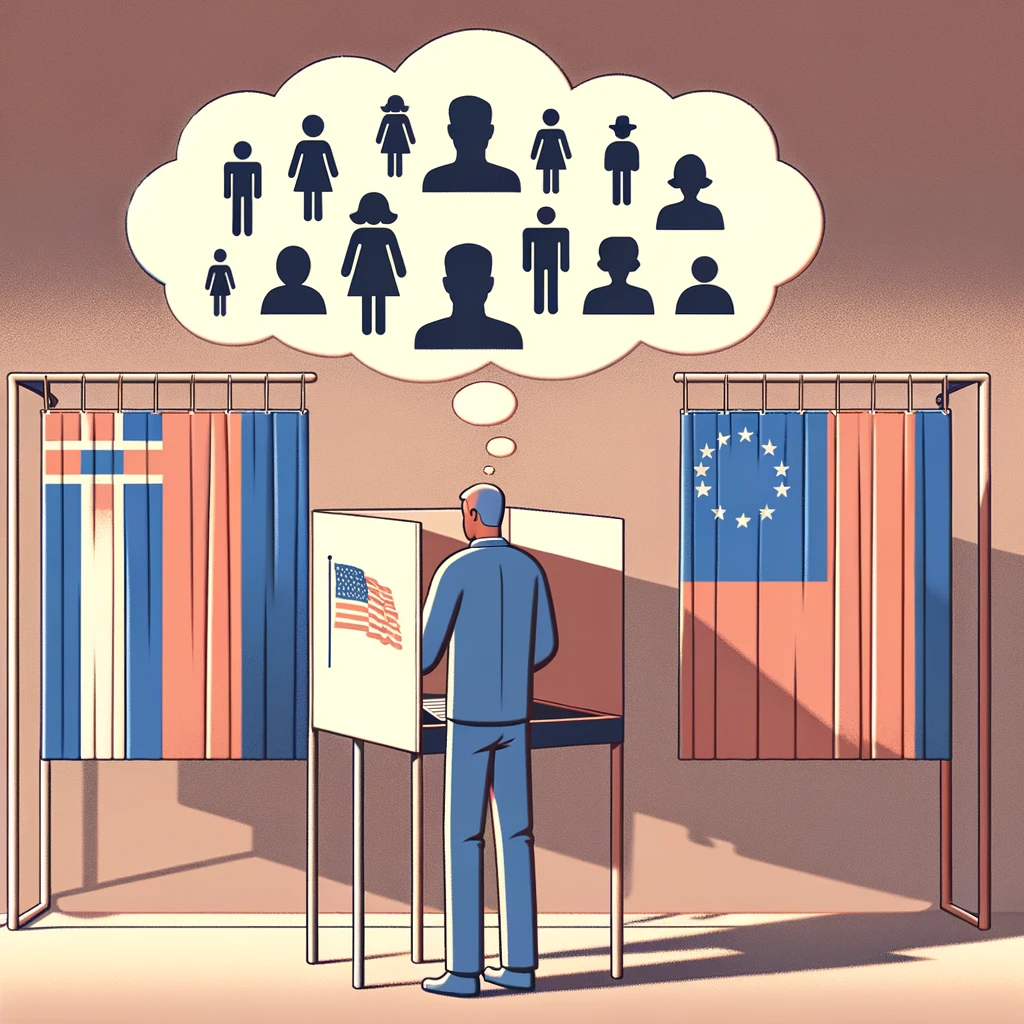In December 2017, Facebook launched it’s standalone Messenger Kids app, targeting children under 13. The app is used via the parents’ Facebook account, and comes with strict parental controls, including safety filters, screened content and contact approvals. The app was developed with online safety experts and is designed to allow children to connect with friends and relatives through the service. Data collected via the app is not used for advertising purposes.
A Facebook spokesperson said:
“We worked to create Messenger Kids with an advisory committee of parenting and developmental experts, as well as with families themselves and in partnership with the PTA. We continue to be focused on making Messenger Kids be the best experience it can be for families. We have been very clear that there is no advertising in Messenger Kids.”
However, there has been an outcry among legislators and international experts in media, social media and child development. Sherry Turkle, author of Reclaiming Conversation: The Power of Talk in the Digital Age, tweeted:
“In a landscape of ubiquitous technology that undermines children’s emotional growth, the last thing the youngest among them need is a powerful enticement to move their friendships online.”
An open letter to Facebook founder Mark Zuckerberg from the Campaign for a Commercial-Free Childhood, supported by dozens of experts, asks Zuckerberg to reconsider the launch of the app, citing a growing body of evidence showing that social media is harmful to children and young people, creating a negative impact on their development. Because children don’t have a fully developed understanding of nuance, privacy, appropriate content or communication, the app could exacerbate this situation.
The letter also cites the proven link between social media use in teens and depression, body-image issues, and unhealthy sleep habits. It points out that the app does not solve a problem (are children really unable to communicate with friends and relatives without this app?), but rather, it creates a need. In light of Facebook’s failures in curbing sexist and racist posts in the past, there is also the question of whether they can be trusted to address this for children by way of this app.
The launch of this app comes in the middle of a much broader conversation about how screens are impacting childhood wellbeing. This generation of children are the first to be brought up under the ubiquitous lens of social media, which means that this generation of parents are the first to bring their children up in this environment. Considering the impact that social media has on day-to-day life for children and adults, there is scant research and understanding into the impact that this has. Although we are aware that it is linked to negative behaviours, habits and disorders, no one has ever really worked out exactly what that link is.
Just the term “screen time” means almost nothing. We are four generations into children’s television, four generations of children coming home from school and sitting down with a snack in front of cartoons, and it has not, societally, hindered progress. Social media, however, is different. This is not a passive experience where a child’s capacity to act and interact is at the fore.
And therein lies the greatest danger to children in social media – they have too much choice, too many options, too much scope to damage themselves and others. As Jenny Radesky, MD, a developmental behaviour paediatrician and media researcher at the University of Michigan, said of children:
“They’re just starting to build awareness about their identity, their role in relationships, and morality. Combine that immaturity with the problematic interactions that often happen on social media, and it could be really messy.”
The link between screen time and negative behaviours is not solidly evidenced, the benefits and pitfalls of social media just about balance out overall. It can be useful in learning skills, in enabling children to socialise who wouldn’t in the offline world, to entertain and to educate. The pitfalls of bullying and distraction from more edifying pursuits are simply an extension of what happens offline.
Moral panic and calls for prohibition are not an answer. Corporations will do what corporations have always done – they will create a new generation of users, addicted to the technology, hooked on the thrill of send and receive. Legislators will arrive too late, with creaking mechanisms and by the time regulations are issued, the technology they are regulating is already obsolete. Young people will take the technology, adapt it to their own uses and move on to the next.
Children and parents must therefore be taught to use social media safely and appropriately. There are undoubted dangers inherent in social media, but equipping individuals to recognise and meet these challenges is the most efficient way to counter the negative impacts. There should be more research carried out on the affects of social media on young people as a matter of priority, and what initiatives work best in bringing out the best and negating the worst of those affects. Only when we have a fully media literate society will we be better able to keep our children safe, and to help them make the best of the opportunities social media provides.
In December 2017, Facebook launched it’s standalone Messenger Kids app, targeting children under 13. The app is used via the parents’ Facebook account, and comes with strict parental controls, including safety filters, screened content and contact approvals. The app was developed with online safety experts and is designed to allow children to connect with friends and relatives through the service. Data collected via the app is not used for advertising purposes.
A Facebook spokesperson said:
“We worked to create Messenger Kids with an advisory committee of parenting and developmental experts, as well as with families themselves and in partnership with the PTA. We continue to be focused on making Messenger Kids be the best experience it can be for families. We have been very clear that there is no advertising in Messenger Kids.”
However, there has been an outcry among legislators and international experts in media, social media and child development. Sherry Turkle, author of Reclaiming Conversation: The Power of Talk in the Digital Age, tweeted:
“In a landscape of ubiquitous technology that undermines children’s emotional growth, the last thing the youngest among them need is a powerful enticement to move their friendships online.”
An open letter to Facebook founder Mark Zuckerberg from the Campaign for a Commercial-Free Childhood, supported by dozens of experts, asks Zuckerberg to reconsider the launch of the app, citing a growing body of evidence showing that social media is harmful to children and young people, creating a negative impact on their development. Because children don’t have a fully developed understanding of nuance, privacy, appropriate content or communication, the app could exacerbate this situation.
The letter also cites the proven link between social media use in teens and depression, body-image issues, and unhealthy sleep habits. It points out that the app does not solve a problem (are children really unable to communicate with friends and relatives without this app?), but rather, it creates a need. In light of Facebook’s failures in curbing sexist and racist posts in the past, there is also the question of whether they can be trusted to address this for children by way of this app.
The launch of this app comes in the middle of a much broader conversation about how screens are impacting childhood wellbeing. This generation of children are the first to be brought up under the ubiquitous lens of social media, which means that this generation of parents are the first to bring their children up in this environment. Considering the impact that social media has on day-to-day life for children and adults, there is scant research and understanding into the impact that this has. Although we are aware that it is linked to negative behaviours, habits and disorders, no one has ever really worked out exactly what that link is.
Just the term “screen time” means almost nothing. We are four generations into children’s television, four generations of children coming home from school and sitting down with a snack in front of cartoons, and it has not, societally, hindered progress. Social media, however, is different. This is not a passive experience where a child’s capacity to act and interact is at the fore.
And therein lies the greatest danger to children in social media – they have too much choice, too many options, too much scope to damage themselves and others. As Jenny Radesky, MD, a developmental behaviour paediatrician and media researcher at the University of Michigan, said of children:
“They’re just starting to build awareness about their identity, their role in relationships, and morality. Combine that immaturity with the problematic interactions that often happen on social media, and it could be really messy.”
The link between screen time and negative behaviours is not solidly evidenced, the benefits and pitfalls of social media just about balance out overall. It can be useful in learning skills, in enabling children to socialise who wouldn’t in the offline world, to entertain and to educate. The pitfalls of bullying and distraction from more edifying pursuits are simply an extension of what happens offline.
Moral panic and calls for prohibition are not an answer. Corporations will do what corporations have always done – they will create a new generation of users, addicted to the technology, hooked on the thrill of send and receive. Legislators will arrive too late, with creaking mechanisms and by the time regulations are issued, the technology they are regulating is already obsolete. Young people will take the technology, adapt it to their own uses and move on to the next.
Children and parents must therefore be taught to use social media safely and appropriately. There are undoubted dangers inherent in social media, but equipping individuals to recognise and meet these challenges is the most efficient way to counter the negative impacts. There should be more research carried out on the affects of social media on young people as a matter of priority, and what initiatives work best in bringing out the best and negating the worst of those affects. Only when we have a fully media literate society will we be better able to keep our children safe, and to help them make the best of the opportunities social media provides.
In December 2017, Facebook launched it’s standalone Messenger Kids app, targeting children under 13. The app is used via the parents’ Facebook account, and comes with strict parental controls, including safety filters, screened content and contact approvals. The app was developed with online safety experts and is designed to allow children to connect with friends and relatives through the service. Data collected via the app is not used for advertising purposes.
A Facebook spokesperson said:
“We worked to create Messenger Kids with an advisory committee of parenting and developmental experts, as well as with families themselves and in partnership with the PTA. We continue to be focused on making Messenger Kids be the best experience it can be for families. We have been very clear that there is no advertising in Messenger Kids.”
However, there has been an outcry among legislators and international experts in media, social media and child development. Sherry Turkle, author of Reclaiming Conversation: The Power of Talk in the Digital Age, tweeted:
“In a landscape of ubiquitous technology that undermines children’s emotional growth, the last thing the youngest among them need is a powerful enticement to move their friendships online.”
An open letter to Facebook founder Mark Zuckerberg from the Campaign for a Commercial-Free Childhood, supported by dozens of experts, asks Zuckerberg to reconsider the launch of the app, citing a growing body of evidence showing that social media is harmful to children and young people, creating a negative impact on their development. Because children don’t have a fully developed understanding of nuance, privacy, appropriate content or communication, the app could exacerbate this situation.
The letter also cites the proven link between social media use in teens and depression, body-image issues, and unhealthy sleep habits. It points out that the app does not solve a problem (are children really unable to communicate with friends and relatives without this app?), but rather, it creates a need. In light of Facebook’s failures in curbing sexist and racist posts in the past, there is also the question of whether they can be trusted to address this for children by way of this app.
The launch of this app comes in the middle of a much broader conversation about how screens are impacting childhood wellbeing. This generation of children are the first to be brought up under the ubiquitous lens of social media, which means that this generation of parents are the first to bring their children up in this environment. Considering the impact that social media has on day-to-day life for children and adults, there is scant research and understanding into the impact that this has. Although we are aware that it is linked to negative behaviours, habits and disorders, no one has ever really worked out exactly what that link is.
Just the term “screen time” means almost nothing. We are four generations into children’s television, four generations of children coming home from school and sitting down with a snack in front of cartoons, and it has not, societally, hindered progress. Social media, however, is different. This is not a passive experience where a child’s capacity to act and interact is at the fore.
And therein lies the greatest danger to children in social media – they have too much choice, too many options, too much scope to damage themselves and others. As Jenny Radesky, MD, a developmental behaviour paediatrician and media researcher at the University of Michigan, said of children:
“They’re just starting to build awareness about their identity, their role in relationships, and morality. Combine that immaturity with the problematic interactions that often happen on social media, and it could be really messy.”
The link between screen time and negative behaviours is not solidly evidenced, the benefits and pitfalls of social media just about balance out overall. It can be useful in learning skills, in enabling children to socialise who wouldn’t in the offline world, to entertain and to educate. The pitfalls of bullying and distraction from more edifying pursuits are simply an extension of what happens offline.
Moral panic and calls for prohibition are not an answer. Corporations will do what corporations have always done – they will create a new generation of users, addicted to the technology, hooked on the thrill of send and receive. Legislators will arrive too late, with creaking mechanisms and by the time regulations are issued, the technology they are regulating is already obsolete. Young people will take the technology, adapt it to their own uses and move on to the next.
Children and parents must therefore be taught to use social media safely and appropriately. There are undoubted dangers inherent in social media, but equipping individuals to recognise and meet these challenges is the most efficient way to counter the negative impacts. There should be more research carried out on the affects of social media on young people as a matter of priority, and what initiatives work best in bringing out the best and negating the worst of those affects. Only when we have a fully media literate society will we be better able to keep our children safe, and to help them make the best of the opportunities social media provides.























































































































































